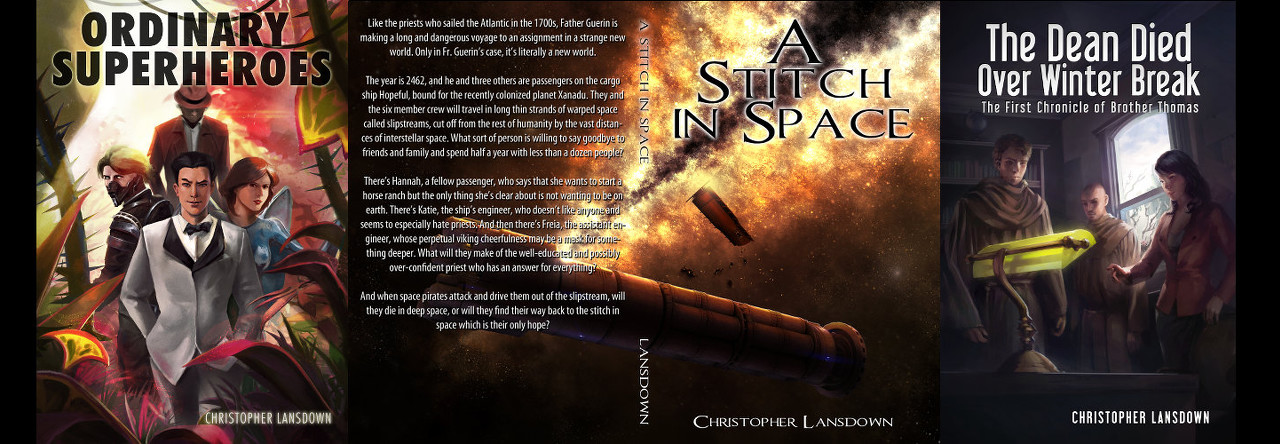I came across an interesting series of tweets recently about whether Magic should have rules (within fantasy fiction):
In case it goes away, Andrew said:
To explain the mechanism is bad. To explain the rules for the magician can be good.
Andrew is right, though only in the case where the magician is either one of the protagonists or antagonists. If the magicians are all omniscient mentors or the long-dead creators of artifacts, then there is no need to create rules for their magic.
Long-dead artificers are constrained not by rules but by causality. They did what they did and not what they didn’t and they aren’t doing anything any more. Further, their actions were based on their own time and not the present so the author is free to have them create the artifacts with any combination of powers and limitations the author wants. In essence, rules aren’t necessary for the magic because rules are already present for time.
With respect to omniscient mentor wizards, there is no need for rules because the mentor is not necessarily ignorant of the plot. Not that he’s breaking the fourth wall but rather his omniscience, wisdom, and benevolence means that he will often refrain from doing what he is capable of doing for reasons of his own. Such characters aren’t really part of the plot so much as intermediate authors. Analogous to how God gives us the power of secondary causation, the omniscient mentor is a sort of secondary author to the story. Characters need limits, but authors do not.
Authors only need wisdom.

Only if you can convince the reader that your mentor wizard is so wise and sage that what appears to be inexplicable pettiness has a good motive. This is hard. (We shall leave out the whining kill-joy who insists that the wizard must do anything he can, as Not Part of Our Target Audience.)
LikeLike
Indeed. But I think this isn’t that hard to do as long as one can establish his omniscence—which is easy, since all it takes is dropping the occasional bit of knowledge he can’t have—and showing at least one or two times where his ineffable advice turned out well.
LikeLike
Sages are a wonderful opportunity to show off the depths of your shallowness. . . .
It’s not enough to hint that he knows things. He must at all times refrain from betraying that he is not as wise as he seems. And Heaven help the sage whose writer has decided to have him philosophize. . . the wisest course in that case is to rip off some wise historical philosopher, but few writers take it.
LikeLike
Well, yes. The omniscient mentor can’t be a fool. But since he gives inscrutable advice which moves the plot along and eventually turns out for the best, he really doesn’t need to philosophizing. 🙂
And, as you rightly say, he shouldn’t.
LikeLike